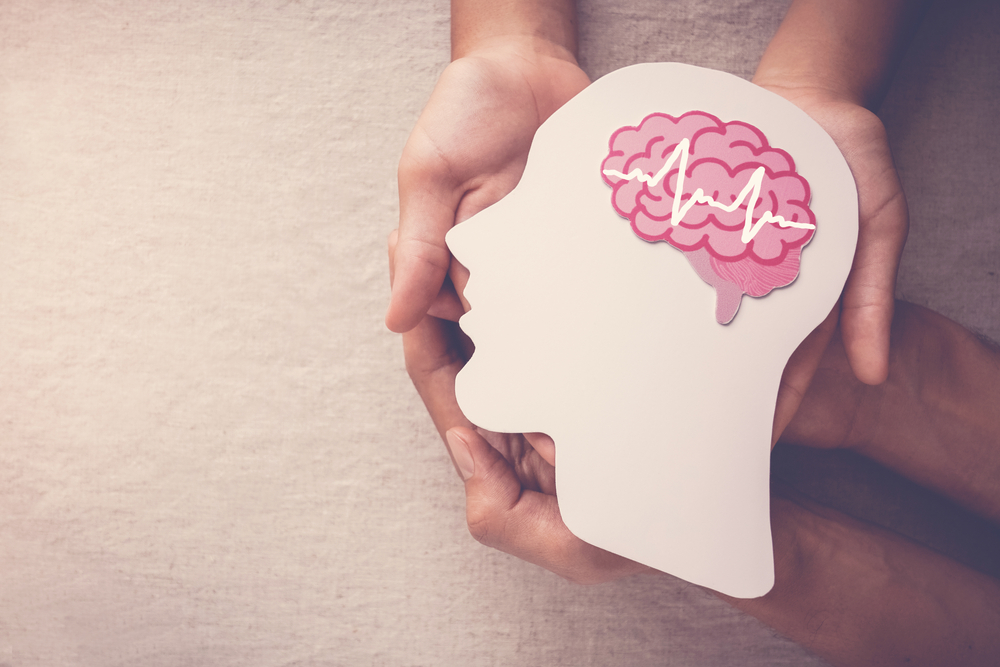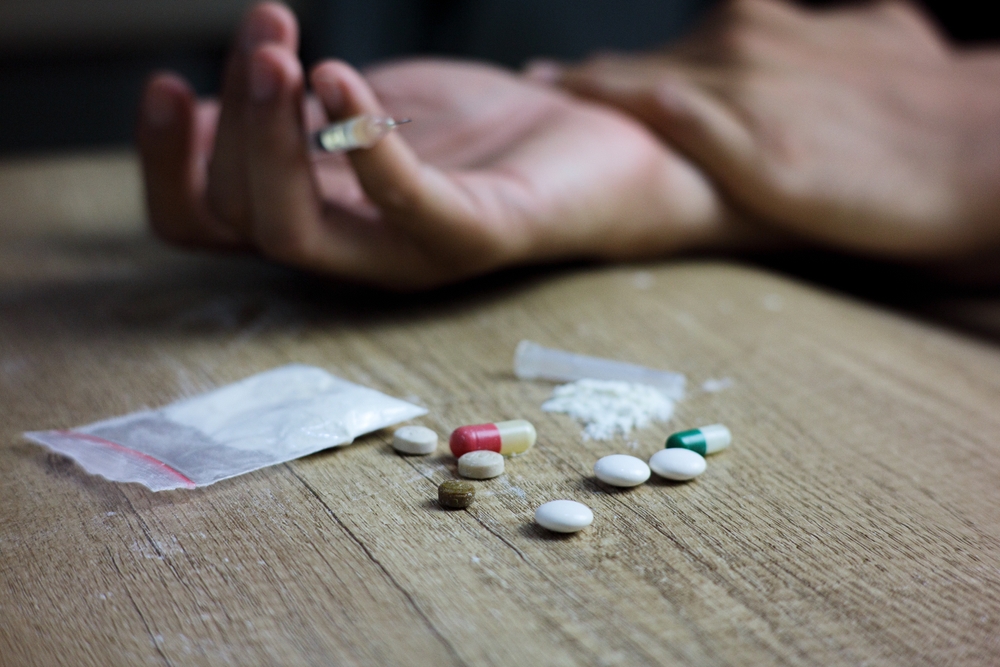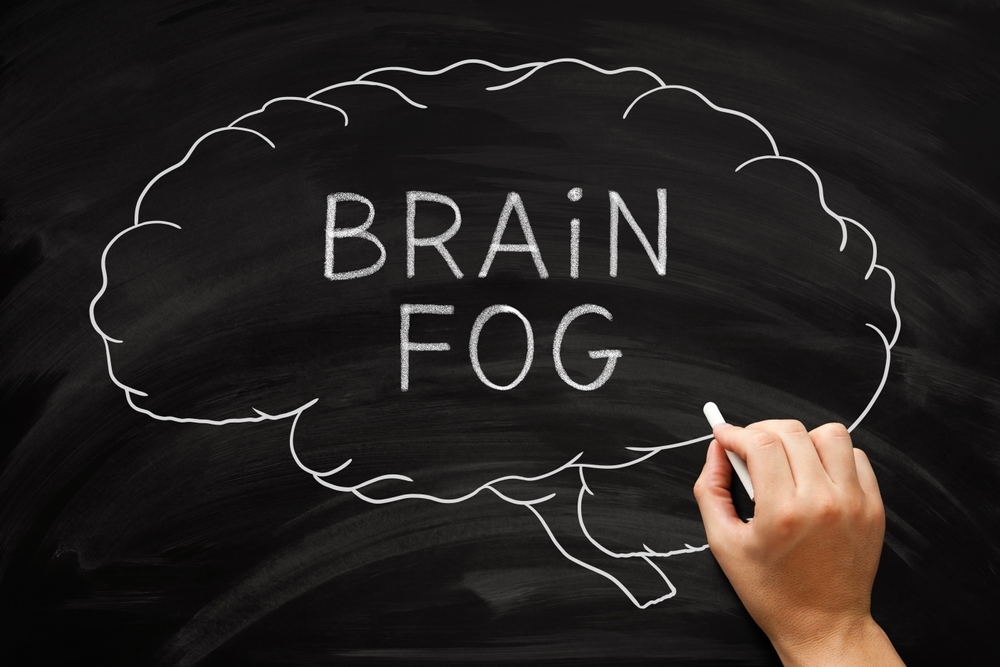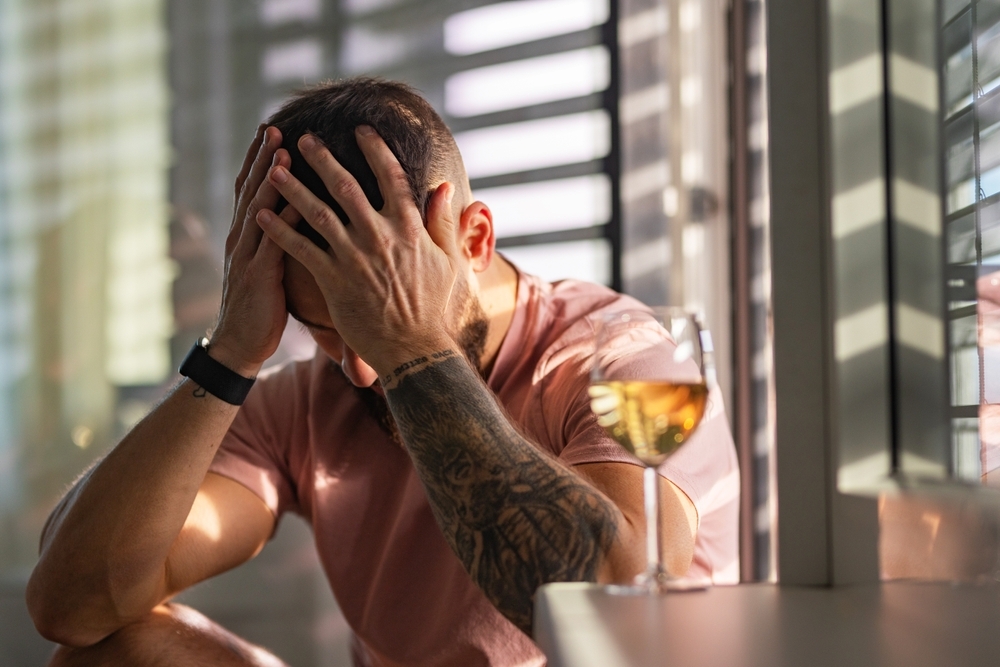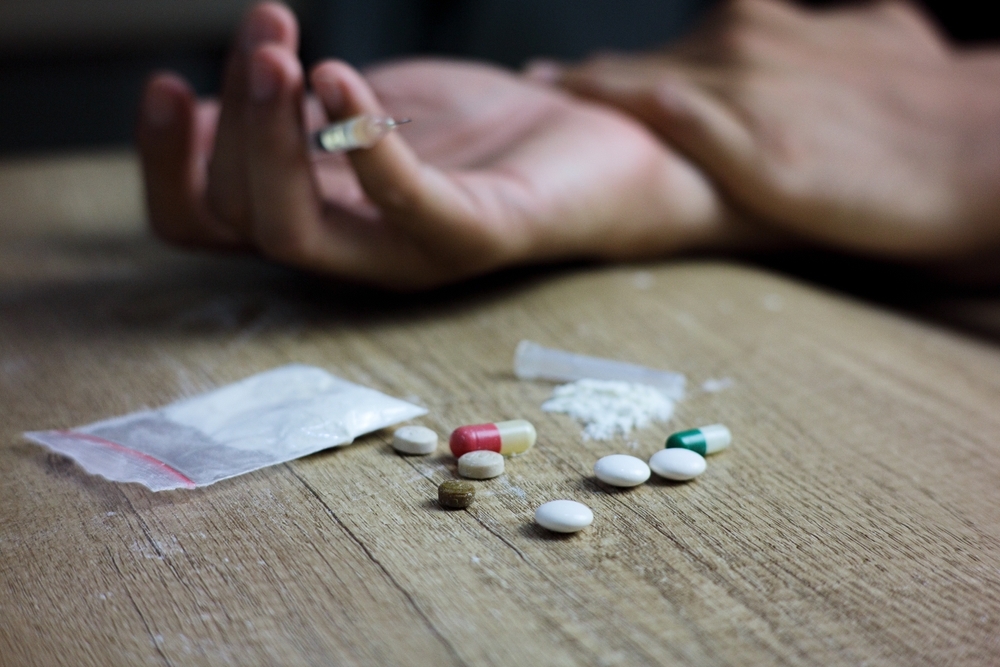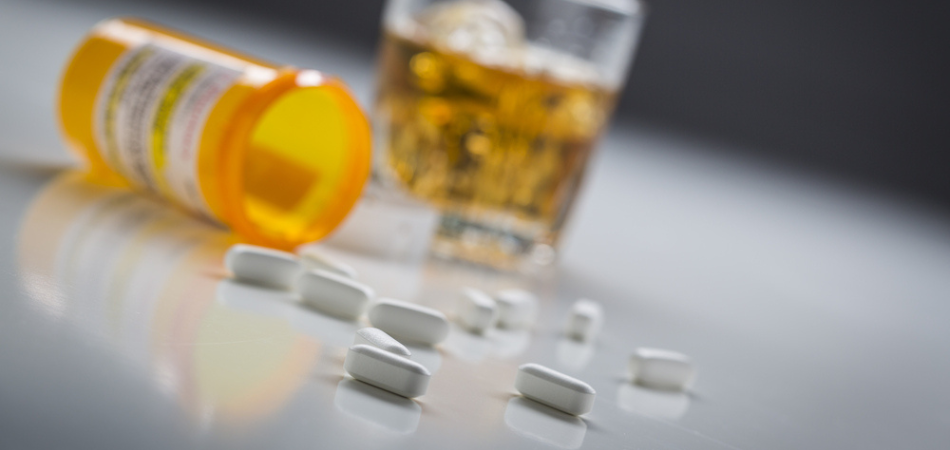
Written by:

Medically Reviewed by:
Last Updated:
August 7th, 2025
Addiction | Definition, Types and Symptoms
- Select
- Addiction
- Detox
- Rehab Treatment
Addiction can look different for everyone. For some, it’s a nightly drink that turns into a daily need. For others, it’s a pill that started as a prescription or a behaviour that once felt harmless. But no matter how it begins, addiction has a way of creeping into everyday life until it feels impossible to function without that one thing.
At Primrose Lodge, we understand that addiction doesn’t follow a single pattern. Whether you’re struggling with alcohol, drugs or compulsive behaviours, the effects can be just as damaging. That’s why we treat addiction in all its forms with care and long-term support that’s designed to help you fully recover.
Types of addiction
Addiction isn’t limited to one substance or one habit. Below are some of the main areas we focus on, with links to help you learn more.
Alcohol addiction
Alcohol addiction often starts gradually but over time, it can take hold in ways that affect health, relationships and emotional wellbeing. Withdrawal symptoms like shaking, sweating and anxiety can make quitting feel impossible without help. The social nature of drinking also makes it harder to step away without feeling isolated or different from those around you.
Drug addictions
Drug addiction covers a wide range of substances, from heroin and cocaine to methamphetamine and ecstasy. These drugs interfere with the brain’s reward system, making everyday life feel dull by comparison. Many people continue using simply to avoid withdrawal, while others become trapped in the cycle of chasing the next high despite wanting to stop.
Behavioural addictions
Not all addictions involve substances. Gambling, shopping, sex, gaming and internet use can all trigger the same compulsive cycles in the brain. These behaviours can offer temporary escape, relief or excitement but they also lead to long-term distress, financial problems and breakdowns in relationships. Because they don’t involve a chemical, they’re often harder to spot.
Prescription drug addictions
Drugs like codeine, diazepam, tramadol and pregabalin can be highly addictive, especially when taken over a long period. Because these medications are prescribed by a doctor, many people don’t realise they’ve become dependent until withdrawal symptoms begin. The line between medical use and misuse becomes blurred and stopping without guidance can be both dangerous and distressing.
Legal high addictions
Legal highs (also called novel psychoactive substances) were designed to mimic drugs like cannabis or ecstasy while avoiding regulation. Substances like Spice, mephedrone and Benzo-Fury are highly unpredictable and users often don’t realise what they’re taking. Addiction to legal highs can develop quickly, with withdrawal symptoms and mental health changes that make quitting especially difficult.
How addiction develops
Addiction is never a choice; it’s a response. For some, it starts with stress, trauma or emotional pain. For others, it begins with curiosity or social pressure. In all cases, the behaviour or substance offers something the person feels they’re missing: comfort, energy, relief, escape or control.
But that short-term fix comes at a cost. Over time, the brain begins to expect the substance or behaviour. Tolerance builds, cravings increase and withdrawal symptoms emerge when the cycle is broken. For behavioural addictions, this might look like restlessness or anxiety when not gambling or gaming. For drug and alcohol use, it often involves physical discomfort or emotional crashes.
Before long, stopping doesn’t feel like a realistic option and life starts to revolve around keeping the addiction going.
Signs and symptoms of addiction
Spotting addiction isn’t always straightforward. The signs vary depending on the substance or behaviour and people often go to great lengths to hide what’s going on. But there are some common symptoms that show up across different types of addiction.
- Withdrawing from family and friends
- Lying about activities or whereabouts
- Losing interest in work, studies or responsibilities
- Taking increasing risks to sustain the habit
- Secretive spending or borrowing money without explanation
- Mood swings or emotional numbness
- Anxiety, panic or irritability when access is cut off
- Feeling low or unable to cope without using
- Obsessive thinking about the next drink, dose or bet
- Struggling to focus on anything unrelated to the addiction
- Sudden weight changes or sleep disruption
- Shaking, sweating or nausea
- Frequent illnesses or fatigue
- Appearance of being ‘run down’ or unwell
- Changes in movement, speech or coordination
Behavioural addictions may not show the same physical symptoms but the psychological and emotional signs can be just as intense.
How addiction can affect your life
Addiction doesn’t stay in one area of life. It spreads. Over time, it affects work, relationships, finances and overall health. Some people lose jobs or fall behind on responsibilities. Others find themselves pulling away from loved ones or feeling ashamed of their choices.
The emotional effects are just as heavy. Guilt, loneliness, anxiety and depression are common among those struggling with addiction. In the case of behavioural addictions, the secrecy and time spent feeding the habit can lead to isolation and a complete shift in identity. Many people end up asking themselves how things spiralled so far and why they can’t seem to stop.
The good news is that addiction doesn’t have to define you. No matter how long it’s been going on, change is still possible.
What recovery can involve
At Primrose Lodge, our addiction treatment programmes begin with understanding what’s going on beneath the surface.
For drug and alcohol addictions, detox is often the first step. This is where your body adjusts to life without the substance, with support to help manage the symptoms that come with it. From there, therapy becomes the focus.
We offer evidence-based approaches like CBT and DBT, alongside one-to-one counselling and group therapy. These help you explore why the addiction started, how it was being used to cope and what changes can be made to support lasting recovery. For those with behavioural addictions, therapy focuses on patterns, triggers and rebuilding a sense of control.
Holistic treatments like yoga, mindfulness and creative sessions are also part of the process, helping you reconnect with yourself in a calmer, more grounded way.
What to expect at Primrose Lodge
Our approach is structured but flexible. Every person who comes to Primrose Lodge receives a personalised treatment plan based on their addiction history and overall wellbeing. You’ll be supported by a team that understands how complex addiction can be.
You’ll also have access to aftercare services when your residential stay ends, so you’re not left to face recovery alone. Whether your addiction is substance-based or behavioural, our goal is to help you feel safe, supported and confident in your next steps.
Starting somewhere
Addiction can feel like something you need to hide, push down or manage quietly on your own. But the truth is, reaching out is often the moment things start to shift.
At Primrose Lodge, we’re here to help you move at your own pace. Whether you’re ready to begin or still figuring things out, we’ll meet you where you are.
If you’re thinking about change, even a little, get in touch today. Recovery doesn’t have to be perfect. It just needs to begin.
Frequently asked questions








